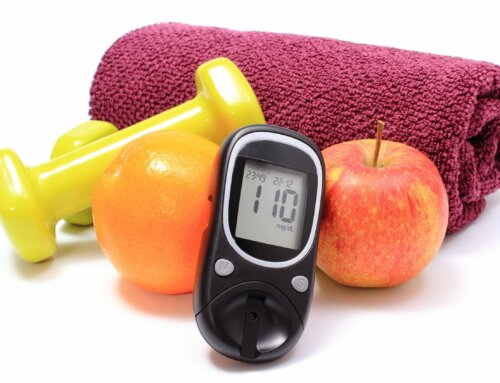Diabetes is a growing health crisis in the United States. New scientific evidence suggests that high fructose corn syrup (HFCS) may be partially to blame for the increase in new cases of diabetes, particularly in children.
HFCS is a mixture of fructose and glucose. It is used instead of sugar in many products because it’s inexpensive and very sweet. Typical products made with HFCS include soda, blended juice, baked goods, cereal, syrup, yogurt, and condiments.
More than 40% of sweetener used in food and beverages today is HFCS, according to a 2004 study. The same study pointed out that consumption of HFCS has risen by 1,000% since 1970.[1] Incidentally, increases in obesity and cases of diabetes have risen dramatically over the last several decades. An August 2007 study of 50,000 people revealed that drinking just one soda per day increased the chance of developing Type 2 diabetes by 80%. The study also confirmed that HFCS contributes to weight gain and obesity.[2]
What is it about HFCS that could be the problem? HFCS contains compounds called reactive carbonyls. These compounds may cause cell and tissue damage, which can contribute to diseases such as diabetes. The 2007 study found that people with diabetes have higher levels of reactive carbonyls in their blood.
The nature of fructose is also part of the problem. Unlike glucose, fructose does not trigger insulin secretion. This may seem like a good thing for people with diabetes. However, insulin is what triggers the release of leptin, a hormone that tells us when we are full. Without leptin, we might continue to eat even after the body has consumed enough calories, leading to weight gain.
HFCS isn’t the only sweetener out there that may be affecting your health. Read labels carefully, and be on the lookout for these ingredients: glucose, dextrose, fructose, sucrose (table sugar), lactose, and maltose. It’s a safe bet that any word ending in –ose is a form of sugar, so choose wisely.
[1] http://epsl.asu.edu/ceru/Articles/CERU-0406-224-OWI.pdf
[2] American Chemical Society (2007, August 23). Soda Warning? High-fructose Corn Syrup Linked To Diabetes, New Study Suggests. ScienceDaily. Retrieved December 18, 2007, from http://www.sciencedaily.com/releases/2007/08/070823094819.htm






Leave A Comment